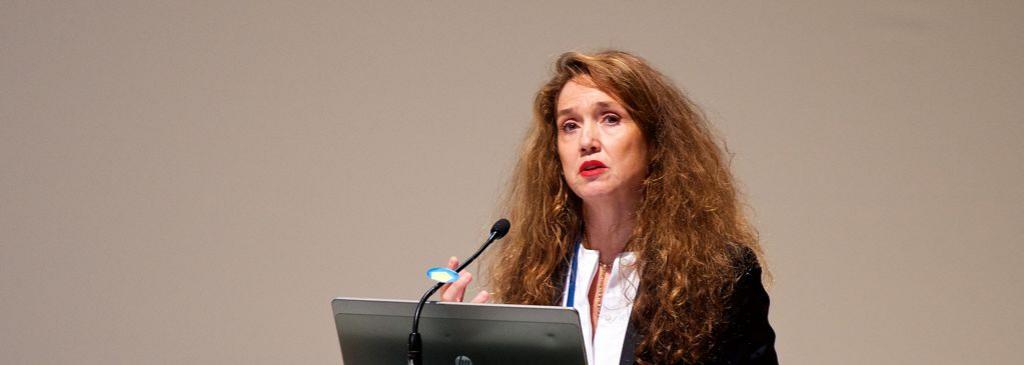Fate and chance brought me to the Graduate Institute. I began my academic life at Paris’ Sorbonne University, where I studied economics and statistics before engaging in the first European Erasmus programme and getting a glimpse of the international stage. It was this exposure that first piqued my interest in international relations and the UN system, and upon graduation I contemplated moving to the UK or the US to further my studies and broaden my knowledge of international affairs. But it was a Paris-based friend who told me about a top-class academic institution in Geneva.
I had never been to Switzerland, but knew that it was a global centre for international affairs and diplomacy, as well as unique multi-cultural and innovative location. So, I decided to find out more and applied. Although my expectations were pretty low, being fully aware that the process was highly competitive and top level, my determination was ever more stimulated and being accepted was thrilling.
Originally, I enrolled in a master programme and planned to stay for a couple of years. However, instilled with a curious mindset and structured critical and constructive approach I enrolled in a PhD, which I successfully completed thanks to the expert mentoring and inspiring visionary leadership by Professors Krause and Dupont.
The Institute is a stimulating and vibrant microcosm of the wider world. It has a top-class faculty and attracts brilliant students from all continents, religions and cultures. This makes it an extremely inspiring, stimulating and varied community. In addition to offering excellent academic training, its location at the heart of International Geneva means that students are able to experience the “real world” first-hand through exposure to international organisations, and companies, a wide range of conferences and seminars delivered and attended by decision makers and thought leaders working “in the field”, and ever shifting political and economic trends resulting in international negotiations and conventions that frame and underpin the global governance architecture in our daily lives. It was during one such event that I met and interacted with a Harvard professor, the father of the UN Biodiversity Convention. This resulted in my move to Harvard where I undertook post-doctoral research.
I firmly believe that it is the skills and network I acquired during my time at the Institute that set me on the path to a successful and inspiring career in the public and private sectors. Among others, I worked for WHO, UNHCR, ITU, as well as ICTSD, IUCN, Médecins du Monde and the World Economic Forum. Later, I moved to the private sector and the International Federation of Pharmaceutical Manufacturers and Associations where I worked at the interface between the global pharmaceutical industry and global health institutions.
Already a decade ago, I joined Merck, a leading science and technology biopharmaceutical company. This has brought me full circle and allowed me to combine my knowledge and experience of international affairs with my early passion for biotechnology. After various positions and increasing responsibilities, today, I work on shared value and access to health strategy for underserved populations in low- and middle-income countries. The Institute has been a critical founding pillar and proved an excellent training ground for what has become a never dull, ever inspiring and challenging, as well as rewarding, career.


